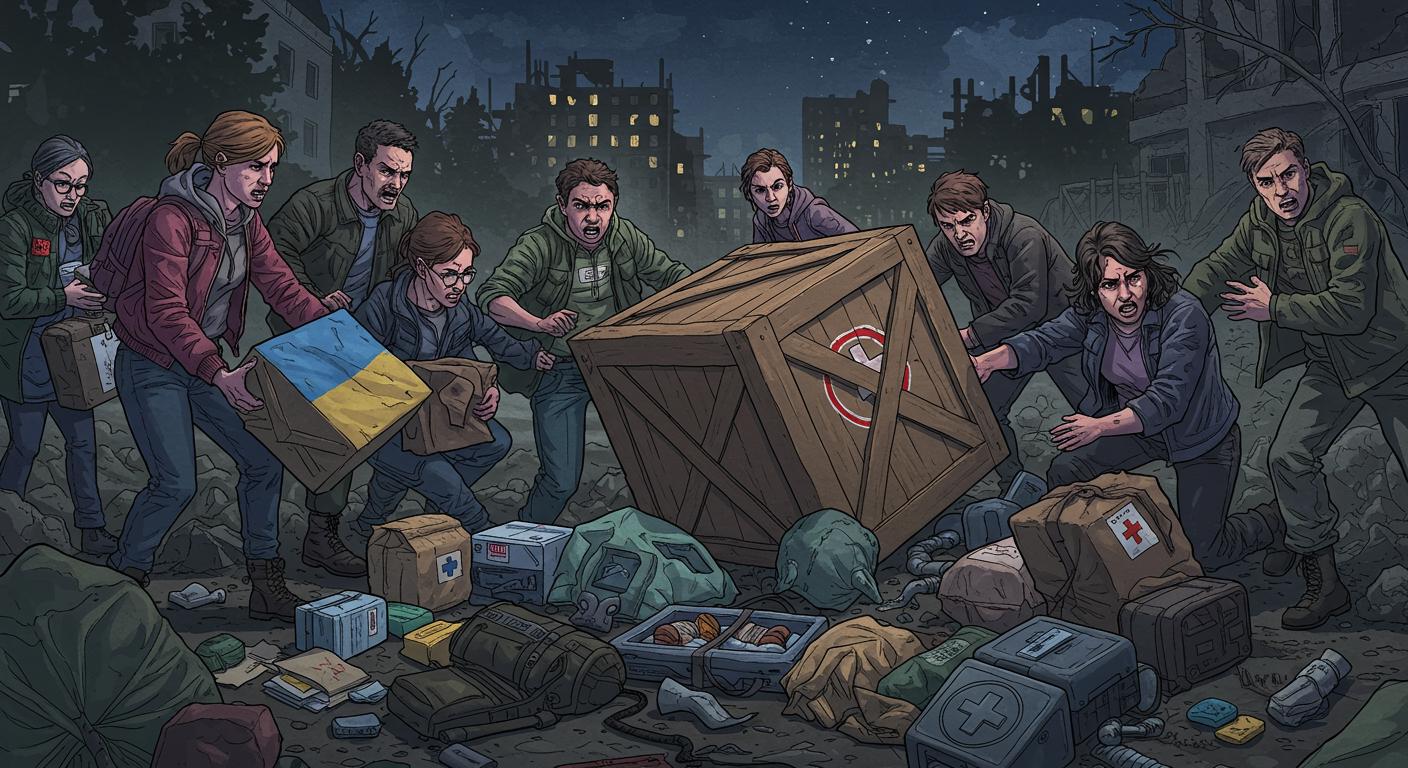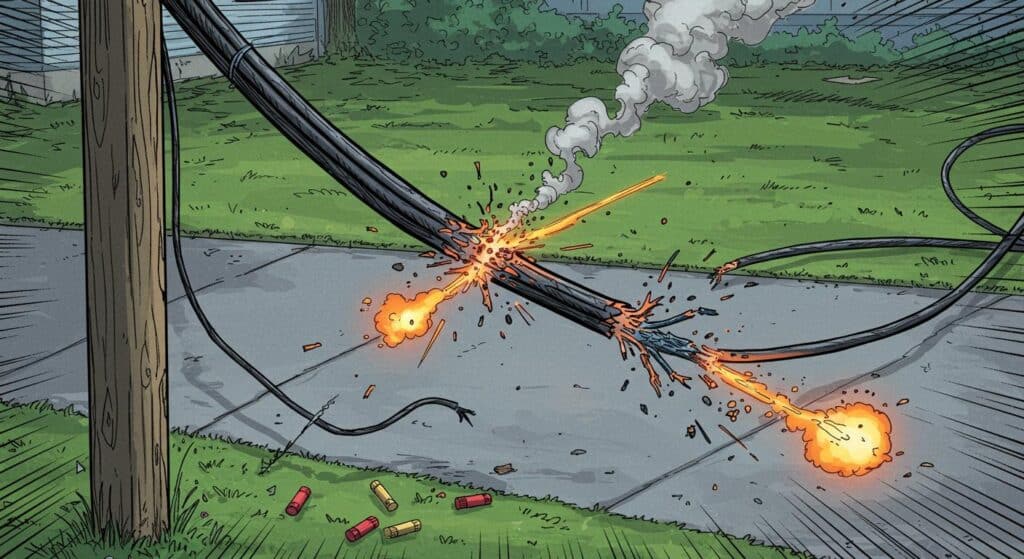If there’s one axiom gleaned from years of poring over historical archives and oddball modern incidents, it’s this: good intentions can really trip over flawed information. The recent events at a Belgian defense facility serve up a fresh—if painfully expensive—example of what happens when activism leaps before it looks.
When Breaking News Means Breaking the Wrong Stuff
This week, over 100 activists with the “Stop Arming Israel” campaign broke into OIP Land Systems’ facility in Tournai, Belgium. As detailed by Israel Hayom, their morning raid involved hammers, strong opinions, and, apparently, some questionable background checking. The mission: halt arms shipments they thought were bound for Israel. The result: an estimated $1.1 million in damage—but to armored vehicles and equipment that were headed for Ukraine, not Israel.
Reports describe scenes of broken windows, spray-painted graffiti, and enough wrecked metal to keep repair crews occupied for some time. The group’s stated aim was to disrupt Belgian involvement in Israel’s defense industry. Instead, Ukrainian forces—currently on the receiving end of Russian aggression—get the short end of the stick, facing delays in urgently needed military aid.
Following the Breadcrumbs (and Landing in the Wrong Bakery)
The logic apparently boiled down to corporate family trees. OIP Land Systems, the facility targeted, is a subsidiary of OIP Sensor Systems, itself part of Israeli defense firm Elbit Systems. Based on this connection, the activists declared they’d singled out a company fueling Israel’s military, though the facts on the ground told a different story.
Freddy Versluys, president of OIP Land Systems, clarified in remarks quoted by Israel Hayom that, “We don’t sell anything to Israel. The vandals entered the hangar and damaged extensive equipment. The only damage they caused is a one-month delay in delivering the vehicles to Ukraine.” As the outlet notes, the company has supplied hundreds of armored vehicles to Ukraine since Russia’s invasion—none to Israel by policy or practice. It’s the kind of research shortcut that makes anyone with a fondness for due diligence wince in sympathy.
Collateral Damage, Spray Paint Edition
Taking stock of the aftermath, one has to ask: what did this accomplish, beyond redirecting a sizable chunk of Ukraine’s defense capacity into the repair shop? The Tournai facility, according to both Israel Hayom and information carried in JNS, houses one of Europe’s largest private weapons stockpiles and has played an active role in getting military equipment—including tanks and armored vehicles—to Ukraine since the start of the war. Instead of frustrating any supply chain to Israel, the disruption only managed to delay aid to a nation already struggling against Russian onslaught. The distinction between “targeted activism” and “friendly fire” has rarely been quite so literal.
Was there a point where someone paused to double-check which direction the armored vehicles were rolling? If so, you have to wonder what that moment of realization felt like.
Some Irony in the Rubble
If there’s an irony here—and there’s almost always irony in this sort of fiasco—it’s how the protest inadvertently aligned itself with the goals of exactly none of the intended beneficiaries. Russian propagandists have to be at least quietly amused, having watched a protest in Belgium do what months of logistical headaches have struggled to achieve: slow a Ukrainian weapons delivery. Meanwhile, the Israeli defense industry probably didn’t notice a thing.
Incidents like these always leave a residue of open questions. How often does activism misfire and end up tripping those it intended to help? Where’s the line between impassioned action and the need for methodical research, even in the heat of the moment? And is there an alternate timeline where someone in that crowd just paused for a second and said, “Wait, are we sure about this?”
In the great ledger of strange and unintended consequences, this one will doubtless get its own quietly exasperated footnote. Perhaps the lesson here is as simple as double-checking your work before swinging a hammer—especially when the stakes, and the costs, are so high.







